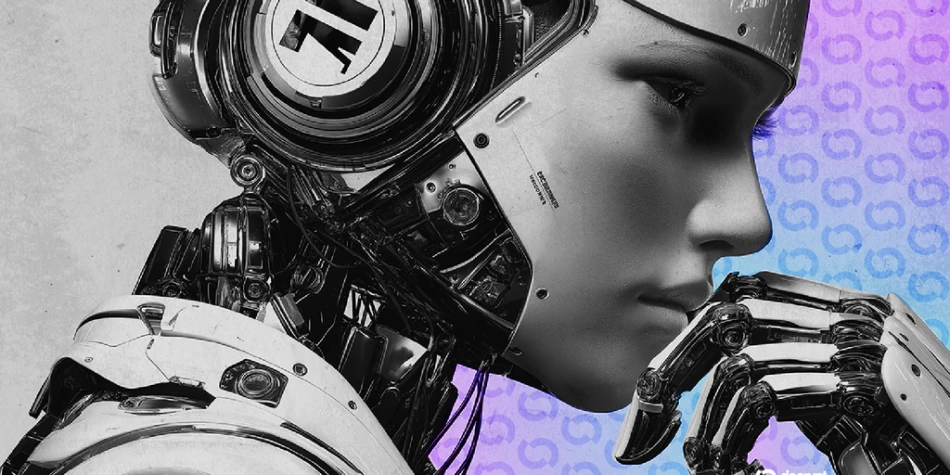
Navigating Emotional Connections in the Digital Age: Study Reveals 75% Seek AI Counseling
A new study finds widespread emotional reliance on AI companions—raising concerns about dependency, grief, and blurred boundaries.[...]
AI Attachment: The Emotional Bond Humans Forge with Machines
Researchers Uncover the Psychology Behind Human-AI Relationships
In a groundbreaking study, researchers from Waseda University have developed a tool to measure the emotional bonds people form with artificial intelligence. Their findings reveal a surprising level of attachment, raising ethical concerns about the potential for exploitation.
The study, led by Research Associate Fan Yang and Professor Atsushi Oshio, identified two distinct dimensions of human attachment to AI: attachment anxiety and attachment avoidance. These mirror the patterns observed in traditional human relationships.
Attachment Anxiety and Avoidance in the AI Age
Individuals with high attachment anxiety toward AI crave emotional reassurance and fear inadequate responses from these systems. On the other hand, those with high attachment avoidance prefer to maintain emotional distance and are uncomfortable with AI intimacy.
Interestingly, the researchers found that attachment anxiety was negatively correlated with self-esteem, while attachment avoidance was associated with negative attitudes toward AI and less frequent use of these systems.
The Ethical Minefield of AI Attachment
The study's findings raise serious ethical concerns. Yang cautions that unscrupulous AI platforms could exploit vulnerable users prone to emotional attachment, leading to irrational financial spending or distress akin to "separation anxiety or grief" when the service is suddenly suspended.
"The development and deployment of AI systems demand serious ethical scrutiny," Yang emphasizes, highlighting the risk of individuals forming unhealthy attachments to chatbots and other AI assistants.
Navigating the Rapidly Evolving AI Landscape
The research team noted that the test-retest reliability of their Experiences in Human-AI Relationships Scale (EHARS) was relatively fluid, reflecting the rapidly changing AI landscape during the study period. This variability suggests that human-AI attachment patterns may be more fluid than traditional interpersonal bonds.
As AI continues to advance, the need for a deeper understanding of the psychological and emotional implications becomes increasingly crucial. The EHARS could prove invaluable for developers and psychologists in tailoring AI interactions to users' emotional needs, promoting healthier engagement.
However, Yang acknowledges the difficulty in distinguishing between beneficial AI use and problematic emotional dependency, underscoring the importance of further research in this emerging field.
The AI Attachment Paradox: Balancing Innovation and Ethics
The study's findings highlight the complex and often paradoxical nature of the human-AI relationship. While AI chatbots and assistants can provide valuable emotional support and alleviate loneliness, they also possess the potential to cause significant harm through the exploitation of attachment patterns.
As the AI revolution continues to reshape our world, it is incumbent upon developers, policymakers, and the broader public to navigate this ethical minefield with care and foresight. The future of our relationship with artificial intelligence hangs in the balance.
Most Viewed News








